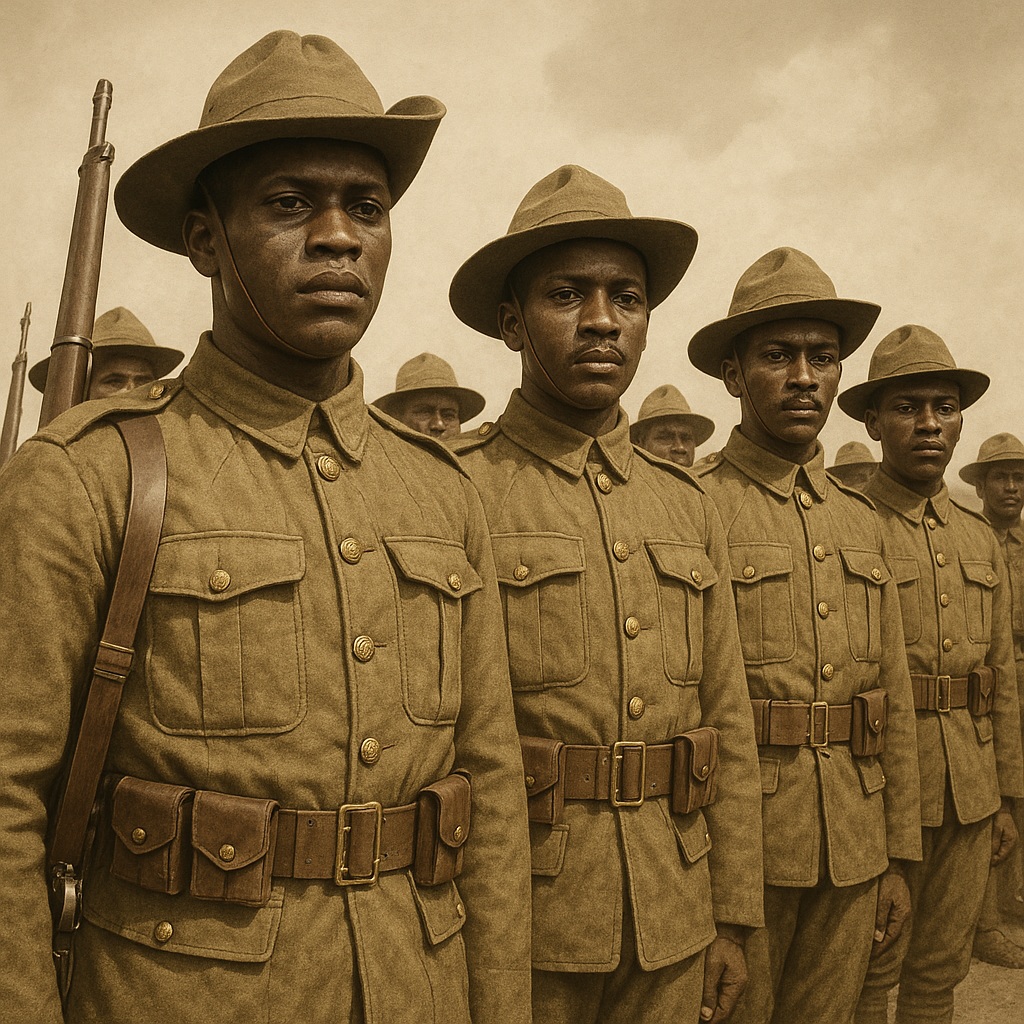![]()
In these times of global uncertainty and shifting cultural narratives, we are reminded that history matters — not just as an academic record, but as a living responsibility. A recent report by The Guardian on the removal of memorial panels honouring African-American soldiers at the Netherlands American Cemetery and Memorial in Margraten is deeply troubling.
In a cemetery near Maastricht, where over 8,300 U.S. service-members are buried, including 174 African-American soldiers, two display panels commemorating their service were quietly removed from public view. One panel highlighted the dual struggle of black servicemen — fighting Nazi Germany abroad while confronting segregation at home — the other honoured individual African-American soldiers. The agency responsible, the American Battle Monuments Commission (ABMC), described the panels as part of a rotating exhibit, but local historians, Dutch lawmakers and community members reject the explanation. They view the removal as symptomatic of a wider trend of erasure or minimisation of black contributions to history.
A column by Tom Clifford rightly reminded us that men and supplies from the Caribbean played a vital role in World War 1 — a legacy too often overlooked. When we now see panels honouring black American soldiers removed, we must ask: are we witnessing a revision of memory by omission? Are we allowing parts of the story to fade?

For islands like ours, which remember the service of West Indian men in the First World War, this is especially relevant. If the sacrifices of colonial troops can be marginalised in Europe, then we must be vigilant here at home. The voices and deeds of Caribbean men who volunteered, fought, and hoped that loyalty would yield representative government — their stories deserve more than passing acknowledgement. They demand remembrance.
We must insist on full and honest commemoration. History is not selective. When memorials are altered or displays removed without transparent explanation, we should question motive and hold the custodians of remembrance to account.
We must broaden the narrative. Whether it is the Caribbean contribution to World War I, the West Indian regiments of the 20th century, or African-American soldiers in Europe, history is richer when it embraces every class, creed and colour.
We must act locally. On St. Maarten and throughout the Caribbean, let us recognise our own heroes — those whose names are not always on plaques, memorials or prime pages. Let us tell their stories, keep their memory alive, and push for visible acknowledgement.
We must resist erasure by neglect. Removing panels quietly, retiring displays, or rotating them out of view may seem subtle, but the effect is real: the risk that certain contributions become footnotes rather than chapters.
Freedom, representation and memory are intertwined. The young men from the West Indies who enlisted during World War I did so not just for adventure or wage — they did so believing that their service would help them claim rights at home. Their story, as Clifford notes, is still with us.
As we mark Remembrance Day and remember that the guns officially fell silent 100+ years ago, let us reaffirm our commitment: to remember fully, to commemorate honestly, to refuse the rewriting or erasure of history by omission.
Let us ensure that all who served — regardless of origin or race — are honoured in our stones, our stories and our conscience.
— Publisher & Editor, StMaartenNews.com
###
ADVERTISEMENT
###











